The interim government has reversed years of aggressive bank borrowing, opting instead to repay outstanding loans in a move economists said could unlock fresh credit for the private sector and cool inflationary pressures.
The policy shift marks a clear departure from the previous administration, which had leaned heavily on bank financing to meet its fiscal needs, they said.
In contrast, the new government has prioritised debt reduction, expenditure restraint and project rationalisation, a combination analysts describe as rare in the country’s recent fiscal history.
“The country’s economic landscape has seen a notable change over the last year, as the interim government is repaying its outstanding loans to the banking system,” said Mustafizur Rahman, distinguished fellow at the Centre for Policy Dialogue (CPD).
He said the administration’s approach is already forcing banks to reorient their portfolios towards the private sector after years of safe lending to the government.
Mustafizur Rahman praised the decision not to take fresh bank loans this fiscal year while paying down legacy debt, calling it “a clear example of fiscal discipline” and a shift towards “a more responsible pattern of public expenditure”.
Economist Abu Ahmed echoed that view, arguing that spending cuts – particularly on “highly ambitious and unnecessary” projects – had become essential to rebalance the credit market.
Ahmed, who also chairs the Investment Corporation of Bangladesh (ICB), noted that government borrowing had previously crowded out private investment by drawing banks into low-risk lending to the public sector.
“Banks got an opportunity to lend to the government, and they felt shy to invest in the private sector as there is a risk of recovery,” he said.
Debt Reversal
Data from the Bangladesh Bank shows a dramatic turnaround. Between July and October of FY2025–26, the government repaid Tk 503 crore to the banking system. During the same period last fiscal year, it had borrowed Tk 15,450 crore.
The total net government debt with banks has also edged down. From Tk 5,50,904.96 crore at the end of June, it fell to Tk 5,50,401.65 crore by 30 October.
On that day alone, repayment totalled nearly Tk 1,009 crore, including Tk 899 crore to the Bangladesh Bank and Tk 2,541 crore to scheduled banks, driven largely by clearance of short-term “Ways and Means Advance” obligations.
Non-Bank Funding Rises
The government has simultaneously strengthened its reliance on non-bank financing. Between July and October, it raised Tk 9,565.52 crore through treasury bills and bonds sold to non-bank financial institutions, insurers and individual investors.
Excluding National Savings Certificates, total domestic borrowing from non-bank sources stands at Tk 9,062 crore.
Economists say the fiscal tightening reflects a broader rethink of development spending. The interim government has cancelled or suspended numerous non-priority and non-profitable development projects, while slowing the pace of many others.
Insiders attribute the lower debt needed to this project screening, along with stricter revenue management.
Former National Board of Revenue chairman Dr Muhammad Abdul Mazid said stronger-than-expected tax collection in the first quarter had also supported the government’s ability to repay loans.
“This strong revenue position, combined with the government’s firm stance on expenditure control, has made it possible to repay debt instead of taking new loans,” he said.
He said reduced government borrowing should ease inflationary pressure while expanding banks’ lending space to the private sector, a shift that could boost production and job creation.
Risks Ahead
Despite widespread praise for the government’s fiscal prudence, analysts warn that prolonged delays or cuts in development projects risk slowing investment and dragging on growth.
For now, however, Bangladesh’s banking sector is preparing for a new era in which the government is no longer its largest and most reliable borrower – and the private sector may once again take centre stage in the credit market.


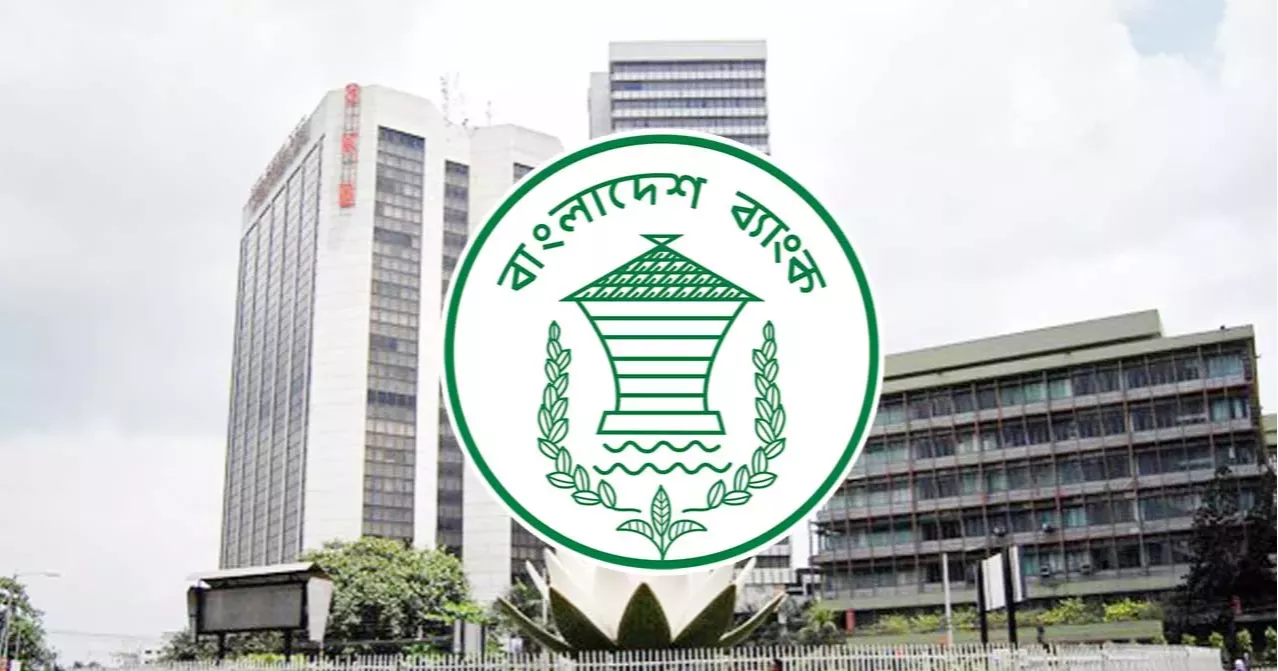








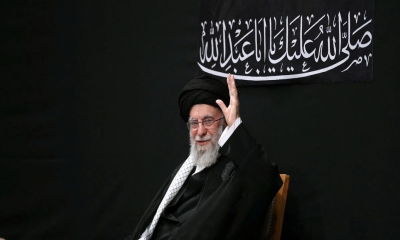
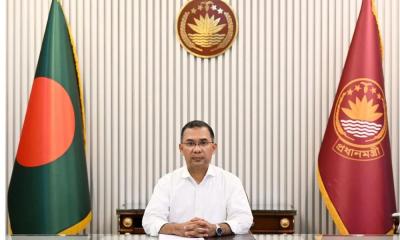


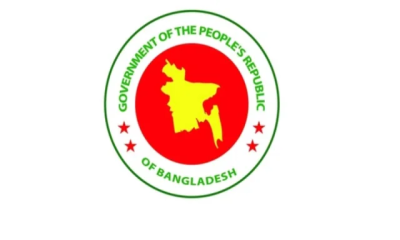
-20260302065048.webp)



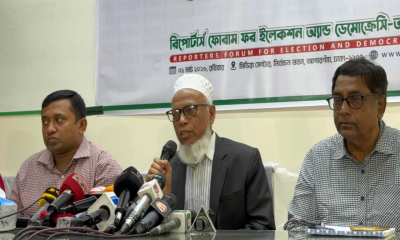



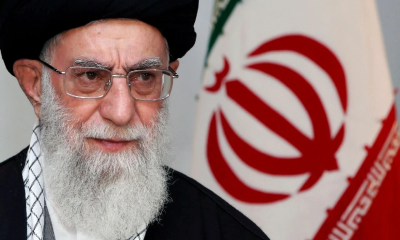






-20260224075258.webp)



-20260225072312.webp)
